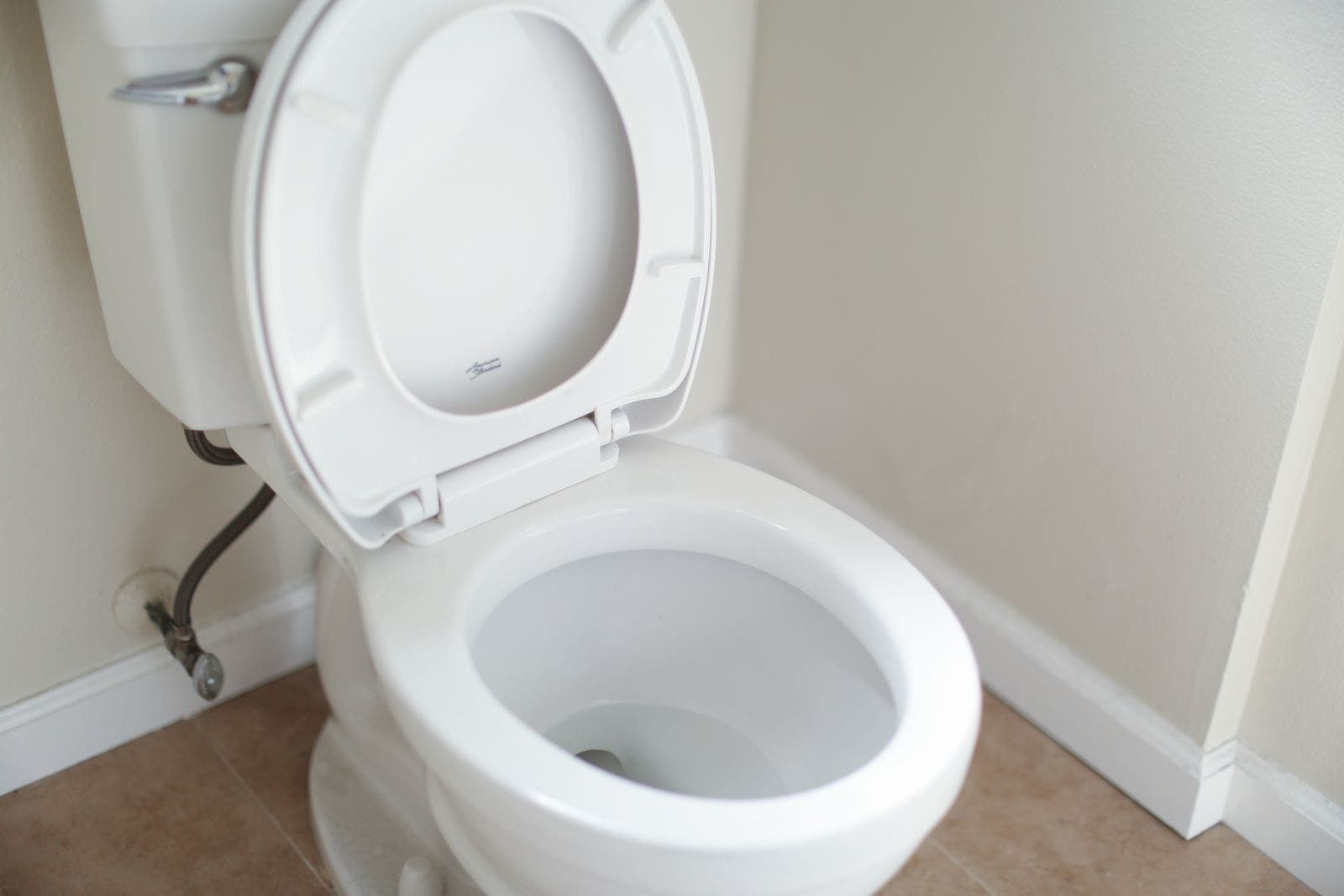This project aims to generate energy from excrement in the future
How can we reliably and sustainably supply households around the world with heat in the future? In the course of the fight against climate change, many governments are wondering that well-known measures such as the use of ground heat or waste heat could form an important component. The Londoners have a very special idea for this.
The heat should not come from any factories, but come directly from people. More precisely, it is about the excrement we produce every day, which over time ends up in the sewer system and then in the sewage treatment plant. So what would happen if this was converted into energy that could be used to heat entire households?
This question is now being investigated. According to the operator Thames Water, the sewage treatment plant in Kingston will supply up to 2,000 new buildings with heat in this way. Specifically, the process should run like this: Wastewater arriving at the sewage treatment plant is cleaned. This process (also) heats up the water, which in turn reaches higher temperatures thanks to a heat pump.
In the further course of the process, the heat from the wastewater is transferred to the water for heating the households through a heat exchanger. This then flows back into the city and ensures comfortably warm households. As simple as the process sounds, the aim is to avoid so much emissions.
Overall, it is expected that up to 105,000 tons of carbon dioxide will be avoided over the next 30 years. That corresponds to around 15,000 car journeys around the entire planet. Anyone who will use the toilet in south-west London in the future will subconsciously become a climate protector.
Own opinion:
Using the waste heat we produce from going to the toilet is not a bad idea at all. The idea from Great Britain shows that climate change does not necessarily have to be stopped by individual large projects, but that small initiatives can also prevent large amounts of emissions. So using poop (yeah, now I’ve said it) doesn’t really have to be a “shitty” idea.
via The Guardian




